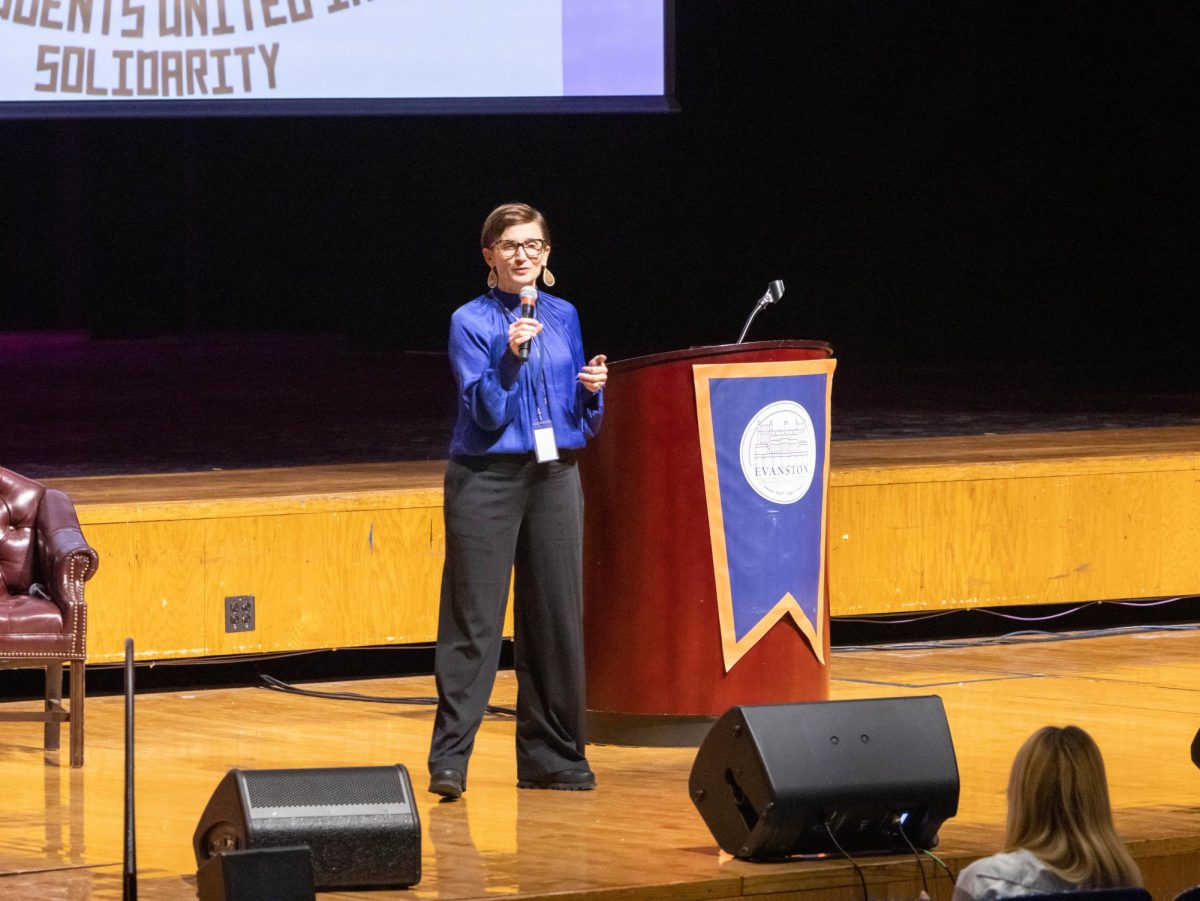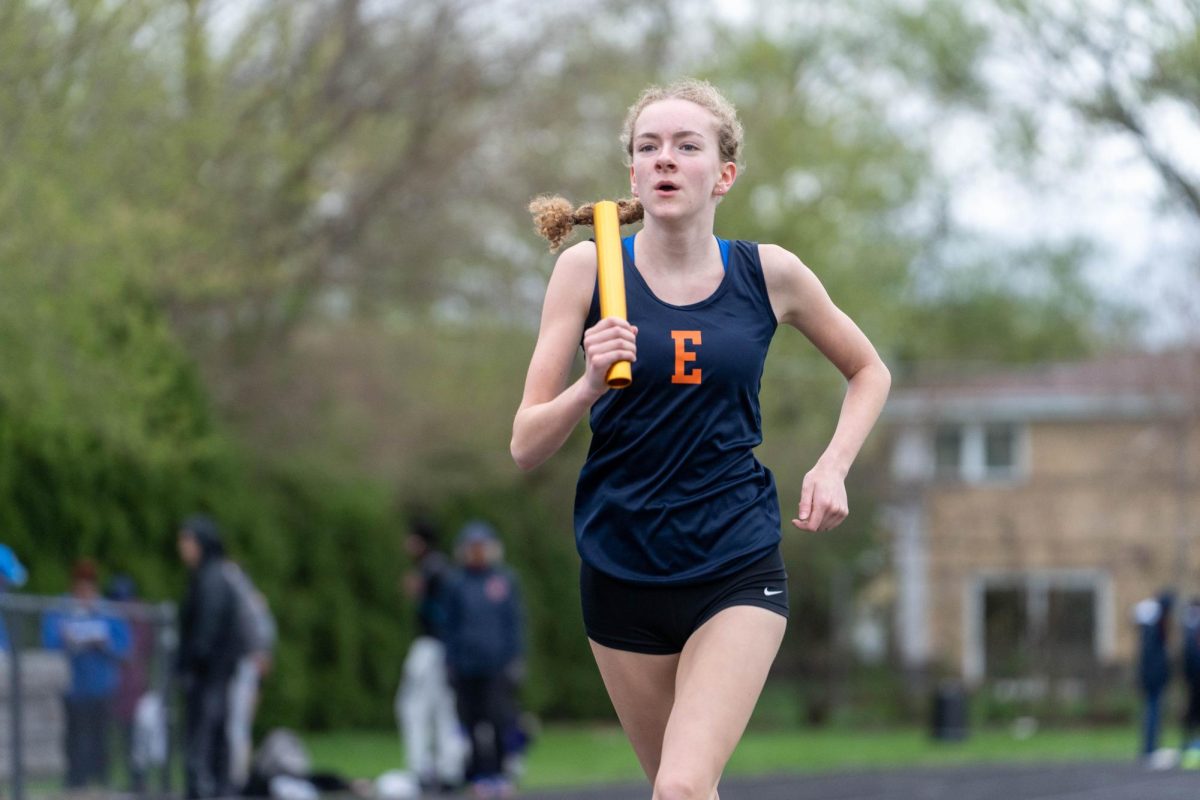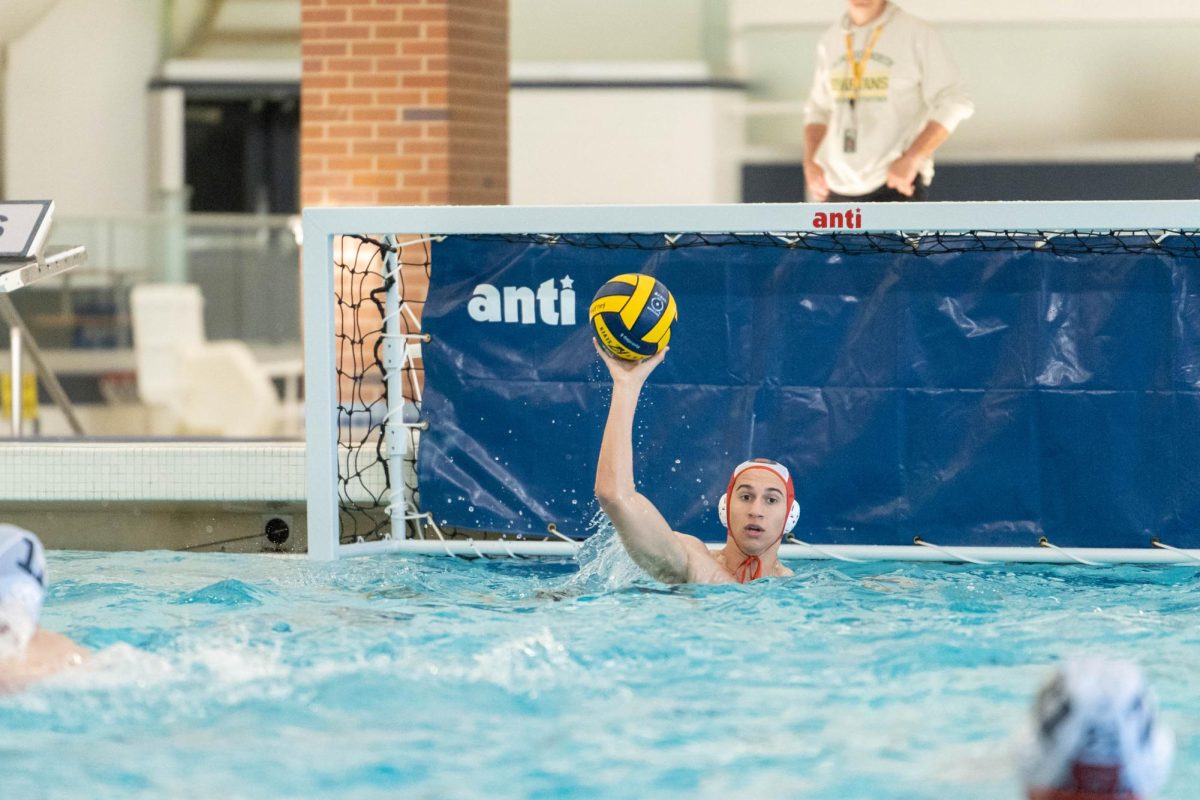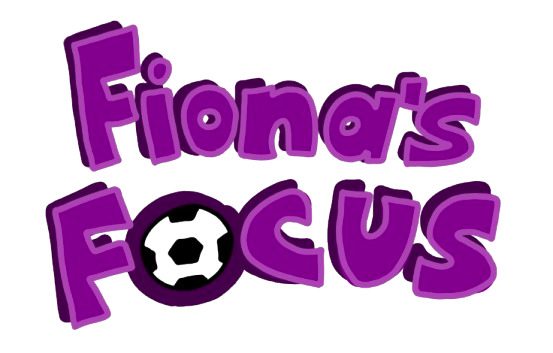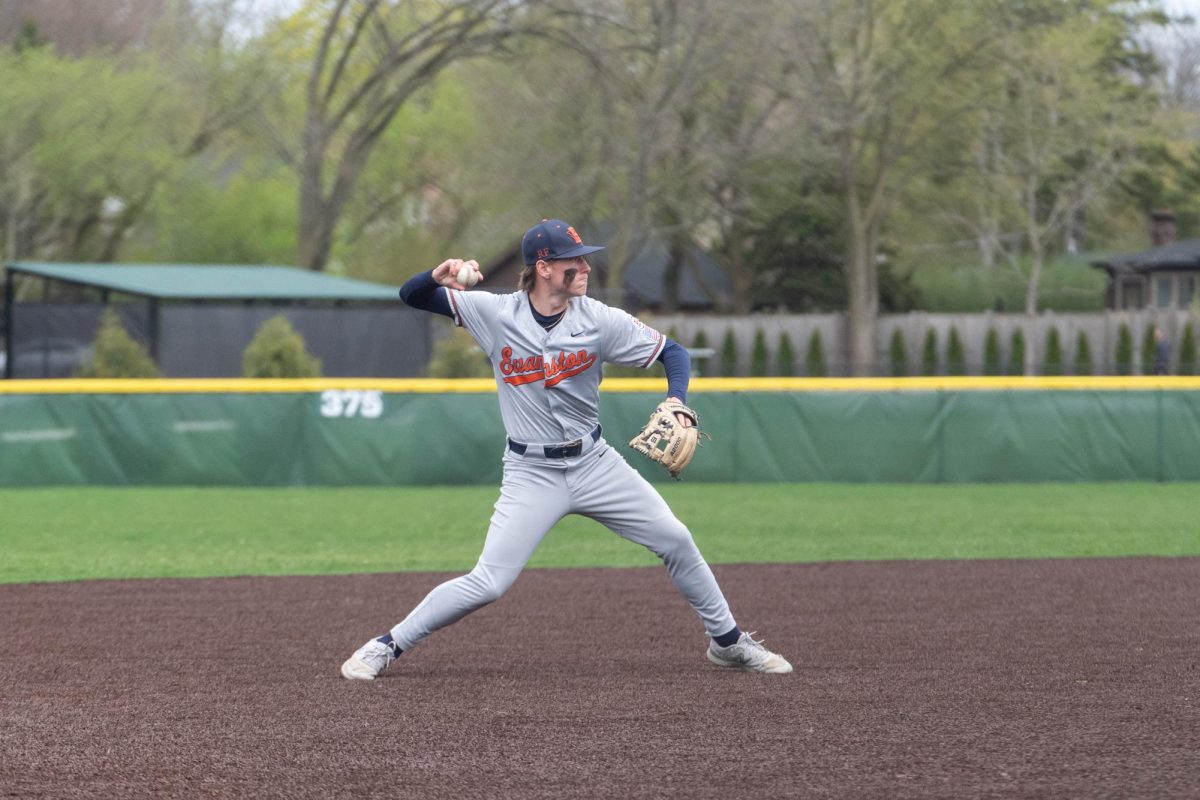The sport of rowing has long been associated with the wealthy—and predominantly white—elite. For some athletes, that stereotype needed to be broken. When Northwestern alum Luciana Ruiz first had the idea of starting a rowing team, she believed ETHS was the perfect place to do it.
“It was this diverse school with access to rowing right in its backyard,” said Ruiz. “Why not give the school and the kids the access to participate in a sport that I believe is what made me who I am today?”
To understand Ruiz’s motives to start a progressive rowing club at ETHS, one needs to dive into her childhood. Ruiz, a Mexican-American, grew up in a small, white town in Arkansas. Her grandparents were farmers in the Central Valley in California, her mom was a first generation college student and her dad went straight to the Marines from high school. Ruiz’s family wanted her to have opportunities that many in the family didn’t- in particular, higher education.
“My family has been fostering that dream of college since I was really little. I want to shout out all of my family who were so supportive of college and planted the idea of college since I was very little,” said Ruiz.
Ruiz, who was interested in engineering and wanted a sports culture at her college, attended Northwestern University. Even though she was a multi-sport athlete in high school, she had never been exposed to rowing until she got to Evanston. Ruiz found the Northwestern rowing club at an activity fair her freshman year. She rowed on the women’s club team at Northwestern for three years before transitioning to coxswaining the men’s team. During her time with the rowing club, she won a gold medal at nationals and achieved the fourth fastest 2k time for lightweights in Northwestern club rowing history.
Though Ruiz deeply values her college rowing program and cherished her time with the club, there were some initial growing pains; coming to Northwestern and joining the rowing club as a Mexican-American was a difficult transition for her.
“[I had to figure out ] what it meant for me to be a Mexican-American on a rowing team, in an engineering program, in Chicago,” said Ruiz. “All of these things led me to isolate a lot and be really on guard and defensive.”
Once Ruiz graduated from Northwestern and stopped rowing competitively, she reflected on the immense impact that rowing had on her life, and realized the opportunity to continue impacting the sports in other ways.
“Since leaving rowing, I’ve actually gained more of a bigger picture perspective. I realized I’m not the only one who is walking through these primarily white spaces. It was a re-centering point for myself to realize that I can use all of my experiences to diversify the sport in ways that I can,” said Ruiz.
Ruiz sought out to find people with similar goals in mind. She managed to convince a diverse group of coaches, mainly consisting of people she knew from Northwestern’s team. One of the coaches she got in touch with was Evan Miller, a graduated member of the University of Wisconsin-Madison’s rowing team.
Similarly to Ruiz, not many people in the sport of rowing looked like Miller. Miller, a Black rower from Nashville, Tennessee was not exposed to rowing until late in his childhood. He grew up going to boarding schools in the east coast region and was a multi-sport athlete his entire childhood but didn’t try rowing until his sophomore year at Taft School.
“’For the first two years I was on the team, I was the only Black kid on the team,” said Miller. “The schools that I went to were primarily upper class, white kids from the tri-state area.”
Miller was a talented cross country athlete but never fully harnessed his rowing potential in high school. He was actually recruited to Wisconsin not for his rowing times, but for his cross country times.
Miller made some of his closest friends through the rowing team but still laughs at one locker room story from college that gave him his first real “culture shock.”
“I remember one time I was in the locker room at Wisconsin, post practice. One of my friends looked at me, and I was like, ‘what’s up dude.’ He said, ‘I didn’t know how to say this, but you’re my first Black friend.’ Then, slowly, one by one, my friends turned to me and said ‘yeah, same’ until I’m surrounded by 15 of my closest friends and they’re all telling me that I was their first Black friend,” Miller retold. “To this day, I still laugh about that.”
Miller went on to have a decorated career in Madison. During his final season rowing there, Miller became the first African-American captain of the Wisconsin rowing team, a program that has existed since 1874 and is the oldest sport at the university.
Like Ruiz, Miller and her other assistants set out to continue their rowing legacy at ETHS. After several years of planning and addressing many of the logistical challenges that come with starting a rowing team, the program was approved to begin in the fall season of 2022.
During the program’s inaugural year, the team only consisted of slightly over 25 athletes. With the majority of the team being brand new to the sport, the coaching staff needed to work quickly to get ETHS prepared to race in the spring regattas.
After preparing on the water in the fall season and on the erg machines in the winter, the team traveled to Michigan to row in the region’s largest annual rowing competition, the Midwest Scholastic Rowing Association Championship.
With every high school rowing team in the Midwest competing, ETHS was facing 30 other boats. The team competed in the novice division, which has all new rowing athletes, and both the girls and boys’ boats qualified top eight in the Midwest.
“That was a huge testament to the work that kids put in all year leading up to that one big race,” said Ruiz.
After its first year, the program was still looking for ways to not only continue to make the team more competitive but to also stay true to their founding principle of team-diversity. The team’s opening season was a huge success but lacked the ultimate goal of diversity that the coaches wanted on the team.
“In the first couple of years, it was about figuring out how to make rowing, which is known to be very white, very elitist and very expensive, available to kids at ETHS,” said Ruiz. “[We had to think about] how many barriers we could systematically take down to create a more equitable funnel for kids at ETHS to go into rowing.”
One of the answers to create a more equitable team for Ruiz was stressing that no experience was needed and that the coaches welcomed kids to try out with zero rowing experience.
“We do not expect kids to come in already knowing what to do. What makes it a beautiful sport is that you’re expected to come in and know absolutely nothing. We take a lot of pride in that we teach [kids] everything [they] need to know,” said Ruiz.
Sophomore Naimah Sanni, a Black rower who had never tried the sport, was at first hesitant to try the sport out in her freshman year.
“I was definitely a little concerned because I knew that rowing is a very white sport,” explained Sanni.
Once she got acclimated to the culture of the team shortly after she joined the program, Sanni appreciated how her coaches and teammates welcomed her to the team.
“The coaches were definitely very welcoming. They definitely want diversity on the team. That’s very obvious,” said Sanni.
Sophomore Kubla Domsky tried the sport for the first time at the beginning of his freshman year when he saw the rowing table at the activity fair. As an Asian-American, Domsky was aware of the sports history in relation to race but knew that the program would welcome him.
“I have always known it was an elitist white sport,” said Domsky. “I feel like ETHS does a really good job of not making it feel that way [in the program]. It doesn’t feel bougie or elitist at all.”
Funding was the program’s first major hurdle. As the only dues free high school rowing program in the midwest, the team needed to find other ways to raise money to cover the sports large expenses.
“We have parents that are very energetic community people. They’ve been so generous in donating not only their time and their ideas, but also financially supporting our program. It has really come down to parents and people in the community advocating for our needs,” said Ruiz.
Over the next year, both the team and the diversity within the crew grew. Since the team gained more experience and now had a senior on their boat, the boys team was now competing in the varsity division. Despite the boys team only being in its second ever year at this point and still competing with varsity boats, the boys just narrowly missed the top eight and were among the top of the B final. The girls team still did not have a senior and finished among the top of the B final again in the novice division.
For Ruiz and the coaching staff, the team’s high placement was a testament to the work that the team put in over their first two years and showed promise for the future of the program.
“I’m extremely proud of it because it’s not just apples to apples … I think as we start to matriculate up and get those full years and full boats of seniors, it will position us really well to have some big success this year and next year,” said Ruiz.
Ruiz also emphasizes the importance that the assistant coaches played in the early success of the program.
“There is the piece of the commitment that is their actual time: the energy of being at the boathouse, fixing the boats at night and running to fill up the gas tanks after a 9pm practice, but I also could not have asked for people that have been more supportive of the mission and the vision of ETHS rowing,” said Ruiz.
Now, at the beginning of the program’s third year, there are eighty kids on the team, making the rowing team one of the largest programs at ETHS. The team has also grown significantly in terms of diversity since its first year. Currently, the team has over 30% kids of color. That number is significant in any high school sport, but in rowing, that level of diversity is seen in very few places in the country.
For Ruiz and her assistant coaches, the progression of the rowing program has been incredibly rewarding to see.
“Every day I’m a little more proud of something that I see,” said Ruiz.
Athletic Director Chris Livatino is also proud of what Ruiz and her staff have accomplished over the past two years.
“I love [Ruiz’s] philosophy of trying to grow a program that is centered on diversity and equity. She’s been very intentional about trying to continue to offer more chances to everybody,” said Livatino.
For Ruiz, her values and vision of this program have stayed true and consistent since the team’s creation three years ago.
“My hope for rowing, whether I lead it or someone else, is that the team and the program reflects the diversity in the school. We want to be able to send kids to college from every possible background that walks through these doors.”










